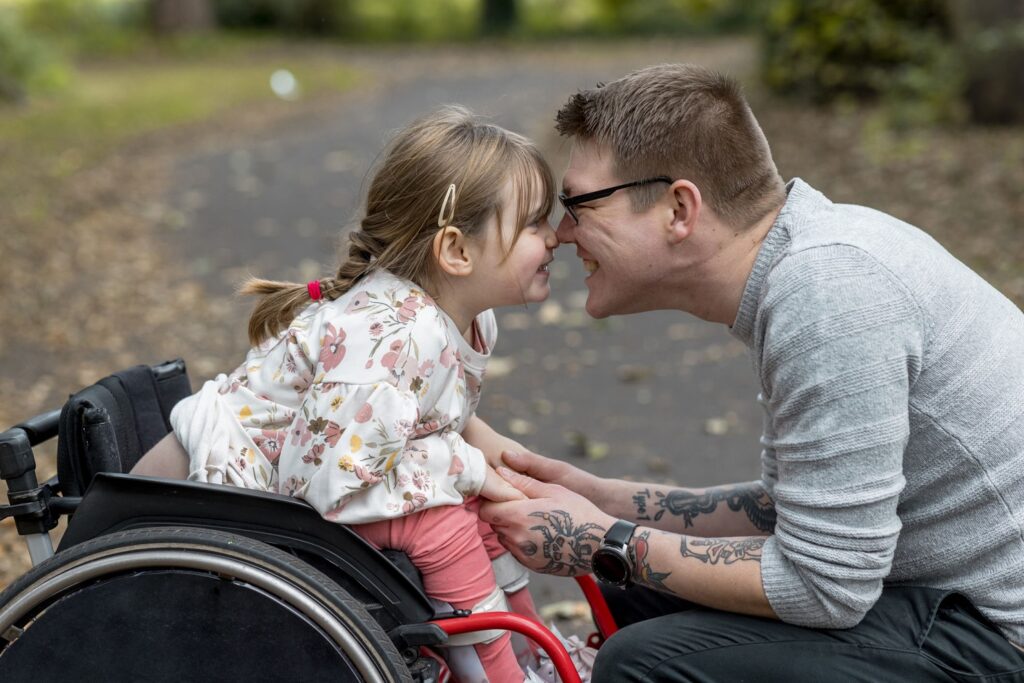A brain injury in children can result from various causes, including falls, sports injuries, motor vehicle accidents, or medical conditions that affect the brain. These injuries may range from mild concussions to more serious trauma, and their effects can vary greatly depending on the severity and location of the injury. Pediatric neurologists specialize in diagnosing and managing conditions that affect the brain, making them valuable in supporting children with brain injuries.
The Role of Pediatric Neurologists
Pediatric neurologists are trained to manage conditions that affect the developing nervous system in children, including those resulting from a brain injury. Their role involves evaluating the child’s physical, cognitive, and neurological functions to identify areas that need support. These specialists use diagnostic tools, including imaging studies such as MRIs and CT scans, to assess the brain’s structure and identify any abnormalities or damage from injury. Beyond diagnostics, pediatric neurologists work with other specialists and therapists to create personalized treatment plans.
Treatments and Interventions for Brain Injuries
Pediatric neurologists use a team-based approach to treat brain injuries, focusing on recovery and helping children regain the skills that have been affected. Here’s how they support their patients:
- Multidisciplinary Team Care: Collaborate with physical therapists, occupational therapists, and rehabilitation specialists to create comprehensive treatment plans.
- Therapies:
- Physical Therapy: Improves coordination and strength for children with movement difficulties.
- Speech Therapy: Supports language and communication skills for those experiencing delays.
- Occupational Therapy: Focuses on helping children with everyday activities and tasks.
- Medications: Prescribed to manage symptoms such as seizures, pain, or behavioral challenges.
- Environmental Adjustments: A guide on modifying a child’s surroundings to aid recovery and overall well-being.
Collaborative and Family-Centered Care
One of the strengths of pediatric neurology is its emphasis on family-centered care. Pediatric neurologists engage parents and caregivers as active participants in the child’s treatment plan. By providing education on the child’s condition, explaining treatment options, and involving families in the rehabilitation process.
This collaboration is not limited to the medical team. Schools and educational professionals often work together to create supportive learning environments for children recovering from a brain injury. Pediatric neurologists can offer recommendations for accommodations or resources that help the child succeed academically while managing their condition.
Long-Term Monitoring and Support
Recovery from a brain injury is not always a linear process, and some effects may evolve over time. Pediatric neurologists recognize the benefits of long-term monitoring to address developmental and functional challenges as they arise. Regular follow-ups allow for adjustments to treatment plans and help the child continue to progress in their recovery. Through consistent monitoring, pediatric neurologists also work to identify and manage any secondary complications that may develop, such as recurrent headaches, seizures, or learning difficulties. This proactive approach helps maintain the child’s quality of life and supports their developmental milestones.
Consult a Pediatric Neurologist For Your Child’s Brain Injury
Children with brain injuries benefit from a comprehensive care approach led by pediatric neurologists. Their expertise in evaluating, diagnosing, and treating brain injuries helps children receive targeted support tailored to their unique needs. If your child has experienced a brain injury, it’s beneficial to explore specialized medical care. A consultation with a pediatric neurologist offers valuable insights into effective treatment options and helps establish a plan for recovery and long-term management. For more information or to connect with experienced pediatric neurologists, schedule a consultation today.

